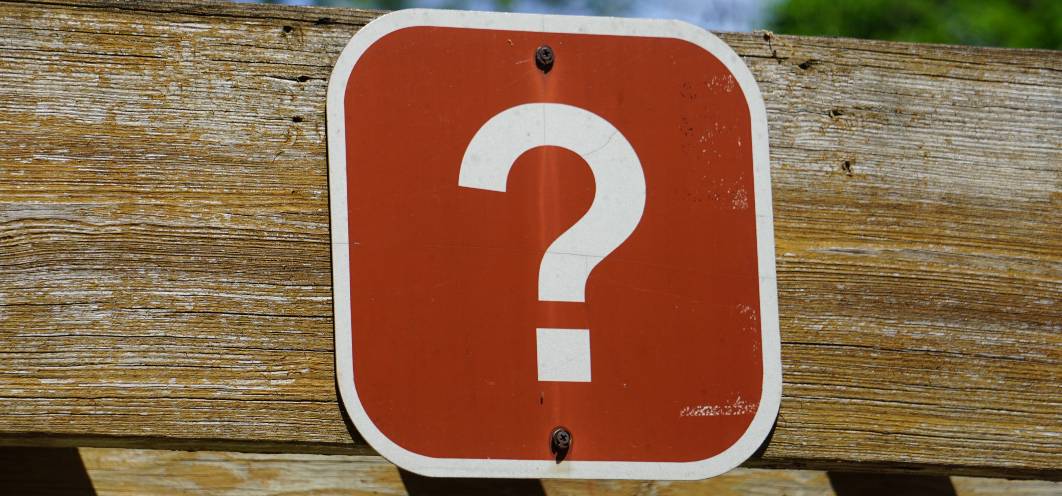
Plaintiff sued a company and its president for copyright infringement, over some photos that the company published online. The individual defendant moved to dismiss the claim against him, arguing that the complaint (1) did not plead any facts concerning action that he took, (2) did not try to pierce the company’s corporate veil, and (3) contained no facts to establish that the company is the alter ego of the individual defendant. Plaintiff conceded it was neither pursuing an alter-ego theory nor seeking to pierce the corporate veil. Instead, plaintiff argued that the individual defendant was vicariously liable for the company’s infringement. The court denied the motion to dismiss.
The court looked first to Metro-Goldwyn-Mayer Studios Inc. v. Grokster, Ltd., 545 U.S. 913 (2005), which provides that one infringes vicariously by profiting from direct infringement while declining to exercise a right to stop or limit it. But then it cited to later Tenth Circuit cases (e.g., Diversey v. Schmidly, 738 F.3d 1196 (10th Cir. 2013)) which state the test for vicarious liability a bit differently. Under Diversey, “[v]icarious liability attaches when the defendant ‘has the right and ability to supervise the infringing activity’ and ‘has a direct financial interest in such activities.” There is no mention of declining to exercise the right to stop or limit the infringement under this test, as there is in Grokster.
The court found that the plaintiff’s claims for vicarious liability against the individual defendant survive because the complaint alleged that defendant was the owner and president of the company, had the ability to supervise and control content on the website, and received a financial benefit from the operation of the website. It rejected the individual defendant’s argument that the claim should fail because there were no allegations that he declined to exercise the right to stop or limit the infringement.
Great Bowery v. Best Little Sites, 2022 WL 2074253 (D. Utah June 9, 2022)
See also:
